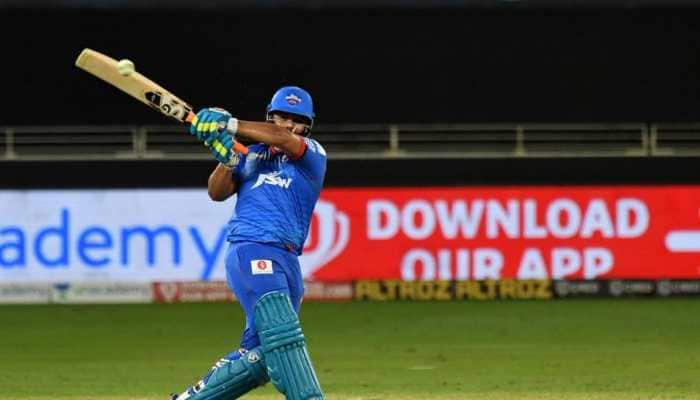DNA Exclusive: Analysing Modi government's 8 masterstrokes on its 8th anniversary
In today’s DNA, Zee News has made a detailed analysis of PM Modi-led NDA government’s 8 masterstrokes that not only enhanced India’s domestic growth but also transformed our global image. Some of these steps include the Abolition of Article 360, the Construction of Ram Mandir, the Teen Talaq law and several others.
Trending Photos
)
Prime Minister Narendra Modi-led NDA government has successfully completed 8 years of governance and the BJP is all set to hold a grand rally in Himachal Pradesh on May 31, where assembly elections are due later this year. The rally will be led by the two-time prime minister himself, who will also virtually interact with the chief ministers of all states to mark the completion of eight years of governance. In the last years, the NDA government has taken some bold and unpredictable welfare steps that have enhanced India’s global image as well as economic growth at a fast pace. PM Narendra Modi was first elected to power as the nation’s leader in 2014 and won his second consecutive term in the 2019 General Elections with a comfortable majority.
In today’s DNA, Zee News has made a detailed analysis of PM Modi-led NDA government’s 8 masterstrokes that not only enhanced India’s domestic growth but also transformed our global image. Some of these steps include the Abolition of Article 360, the Construction of Ram Mandir, the Teen Talaq law and several others, which were once unimaginable dreams of Indians.
Abolition of Article 370
A part of the BJP’s 2019 manifesto, the government stripped Article 370 which gives Kashmir a special status on August 5, 2019. The move was hailed as unthinkable by many as no one expected any government could actually abolish the act. Ever since the Abolition of Article 370, several positive changes including a record footfall of tourists have been observed and normalcy has returned to the disputed territory to an extent.
Ram Mandir construction
Indians had to wait 500 years for the construction of Ram Mandir at the birthplace of Lord Ram in Ayodhya, where Babri Masjid was constructed. It was one of the issues that people believed were limited to vote bank politics only. However, the construction of Ram Mandir was one of the masterstrokes of the Modi govt that brought the centuries-long desire to reality.
Triple Talaq Law
The dangerous trend of the politics of Muslim appeasement after Independence has never let the previous governments address the problematic issues like Triple Talaq which was a nightmare for several Muslim women. However, the Modi govt brought a law against the dreary practice of Triple Talaq in 2019 and today eight crore Muslim women of India have the right to seek triple talaq.
Uniform Civil Code
The issue of the Uniform Civil Code, which advocated one law for one nation is also being pondered upon under Modi’s term. The Centre has said that it is committed to implementing UCC.
GST implementation
India had been demanding one tax since the year 2000 and the UPA government had set a target to implement GST in the country by the year 2010, which apparently did not happen. However, the Good and Services Tax (GST) was finally implemented by the Modi govt on July 1, 2017. With the implementation of GST, in the month of April, there was a record GST collection of 1 lakh 68 thousand crores.
Demonetization
Implemented in 2016, the demonetisation of Rs 500 and Rs 100 notes is considered one of the boldest moves by Modi government. It was brought to curb terror funding and flow of black money deposited in the country and abroad.
Surgical Strike and Airstrike
Surgical Strike and Air Strike, which the government said was to answer those who harbour terrorists in their own language, was also one of the bold moves by this government. With these military strikes, the world and especially Pakistan came to know that now India can answer even by entering the house
Data Digitization
The biggest step in the direction of good governance was to digitize the data of every Indian. Due to this digitization, those who were not in the mainstream and were not connected to the banking system got bank accounts. Under the Pradhan Mantri Jan Dhan Yojana, 44 crores 23 lakh new bank accounts were opened in the country in the last eight years, in which Rs 1.5 lakh crore has been deposited.
Stay informed on all the latest news, real-time breaking news updates, and follow all the important headlines in india news and world News on Zee News.
Live Tv







)
)
)
)
)
)
)
)
)
)
